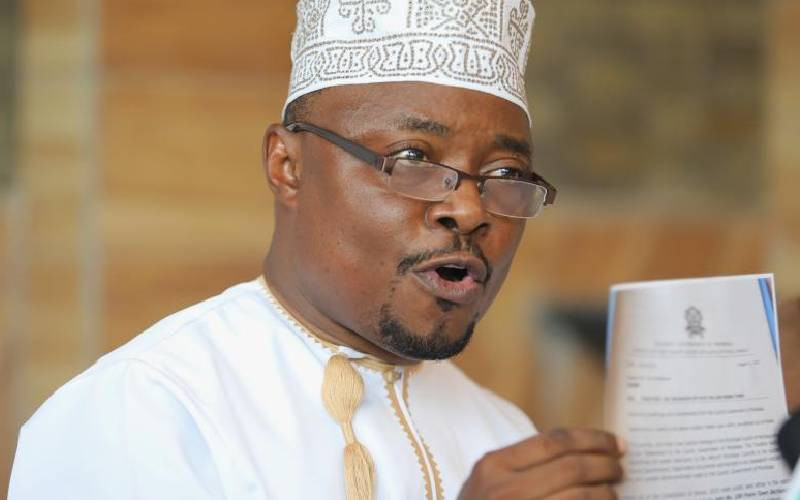×
The Standard e-Paper
Stay Informed, Even Offline

The country is facing a shortage of Muslim lecturers, a cleric has said.
Kenya Muslims National Advisory Council (Kemnac) national chairman Juma Ngao said universities lacked Muslim scholars, and urged those with the prerequisite training to seek employment in local institutions of higher learning.